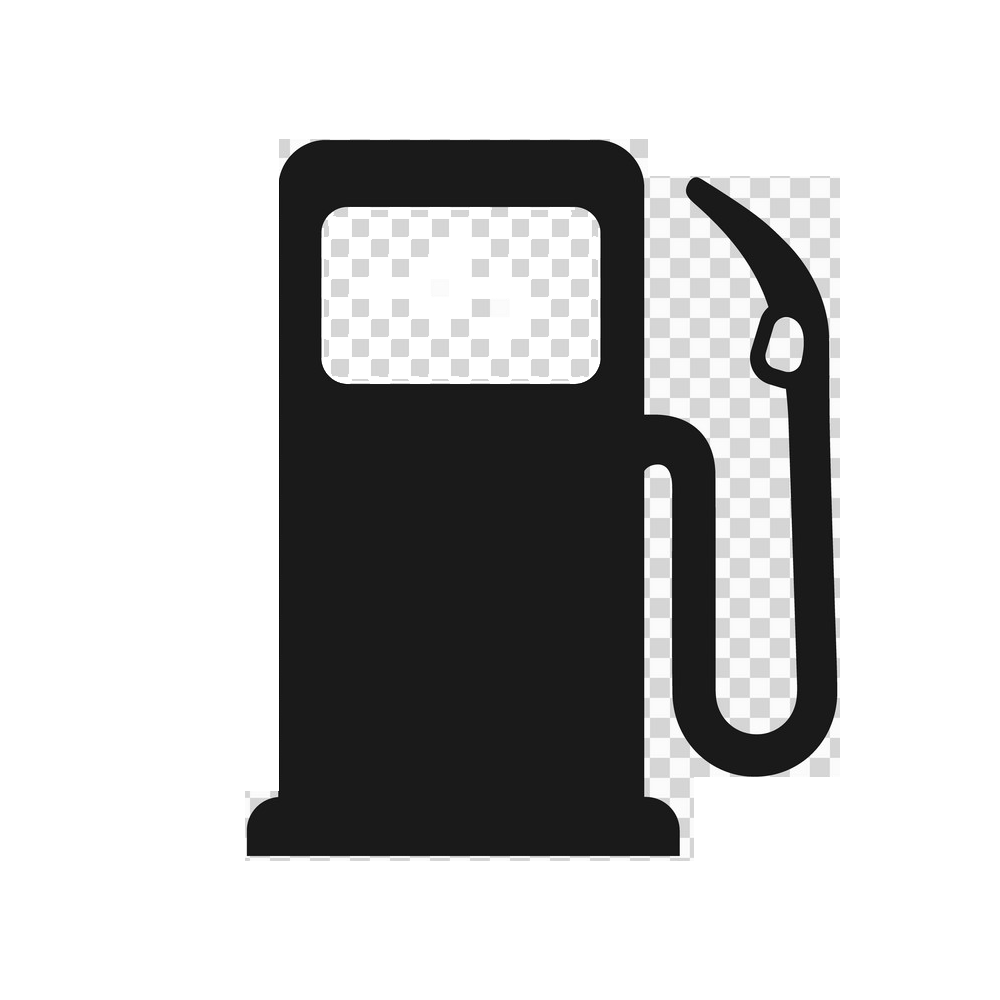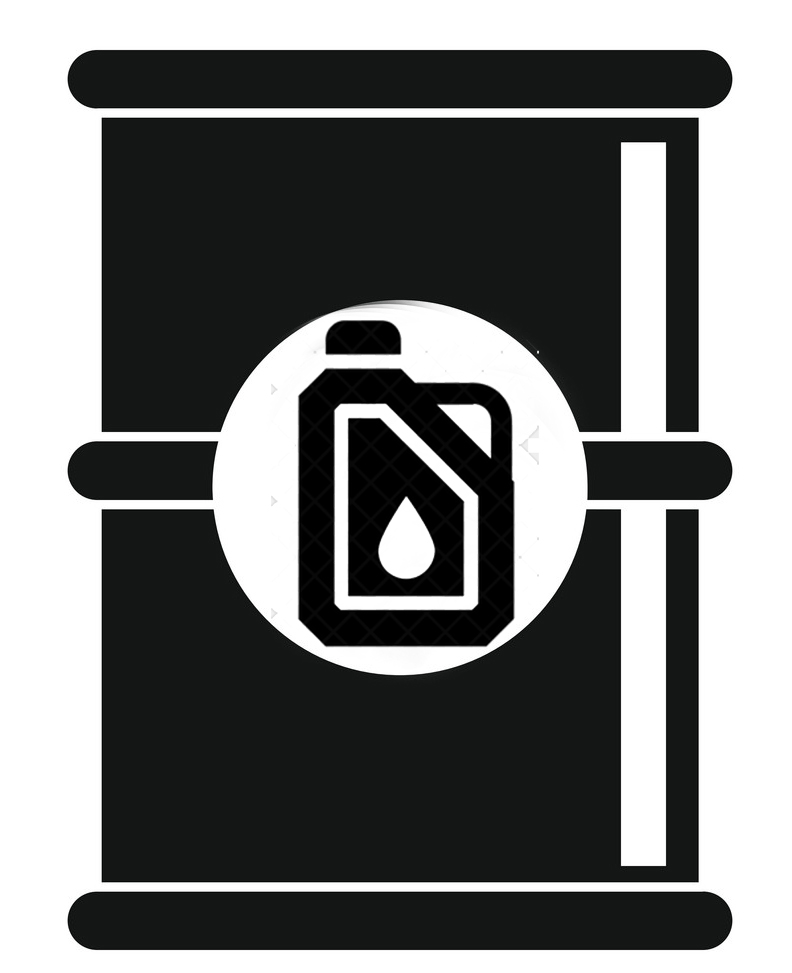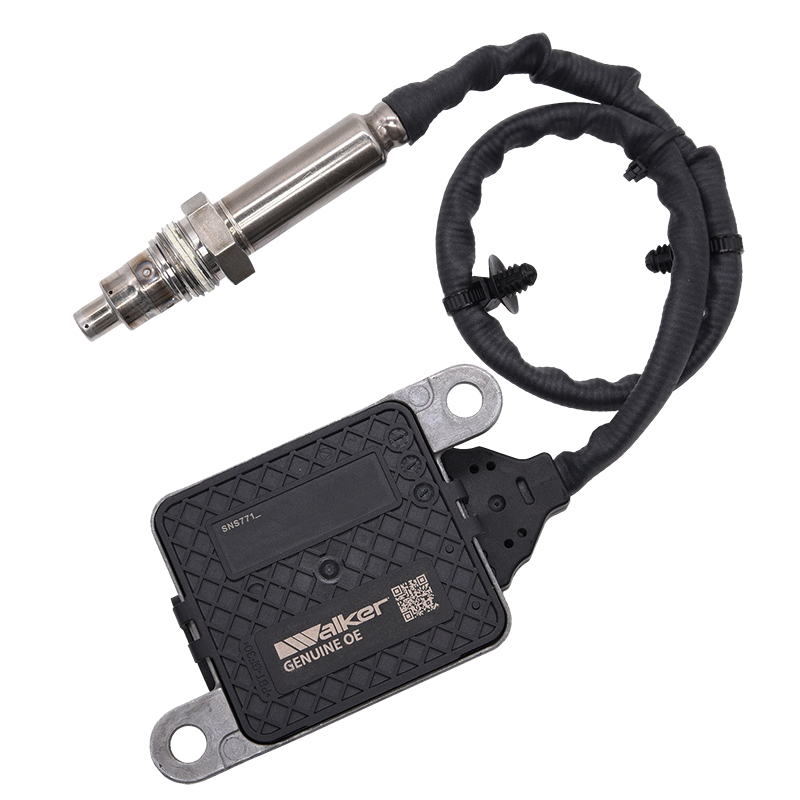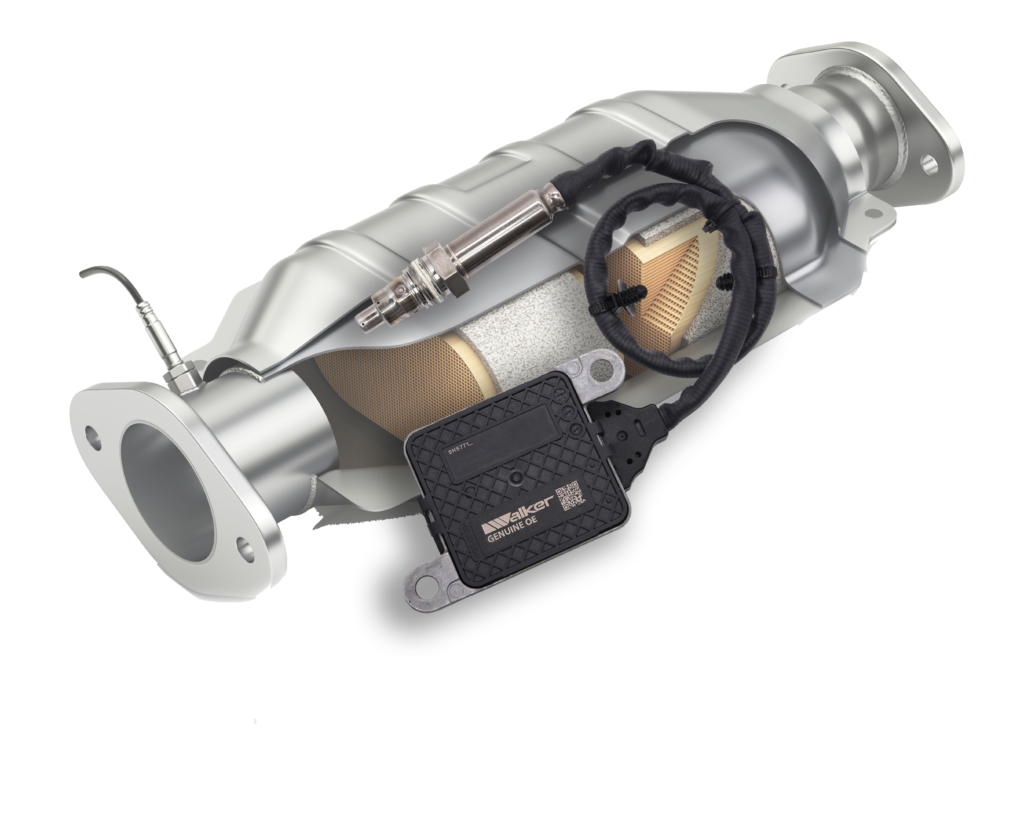What Damages the NOx SensorThere are several operating conditions that can shorten a NOx sensor’s life. Below are some common causes and suggestions for mitigating their affect.

Water
Water can enter the exhaust stream from moisture in the intake air condensing and also as a combustion byproduct and as a byproduct of the Selective Catalytic Reduction (SCR) system that uses Diesel Exhaust Fluid (DEF) to convert NOx into nitrogen and water. The later is mostly an issue for the post SCR NOx sensor. Water can be mitigated by regularly driving longer so the exhaust gets hot enough to prevent the moisture from condensing on the probe.

Excessive fuel
Leaking or maladjusted injectors and misfiring cylinders let unburned fuel into the exhaust. If any of these conditions exist, they should be solved immediately. Symptoms include an abnormal vibration, particularly with cold starts or an Engine Malfunction Light (ELM – Check Engine) lighting up. These issues will not only damage the NOx sensor, but also the SCR system. Additionally, a rich fuel mixture that gets into the exhaust will create soot that covers the probe and prevent it from measuring the amount of NOx in the exhaust stream.

Excessive oil consumption
Worn rings, leaking valves or defective crankcase ventilation can increase oil consumption that enters the exhaust stream and settles on the sensor probe, which prevents it from properly sampling the NOx. If the engine has excessive oil consumption, the root cause should be determined and fixed.

Mechanical shock
The probe contains a delicate, ceramic sensing element. A blow to the probe’s body during any service procedure or a stone thrown into the engine compartment while driving over gravel roads are common mechanical shock sources. Careful service practices and care on gravel roads can reduce the chances mechanical shock will be a source of damage.

Excessive operating temperatures (icon: temp gauge-reading hot)
A probe exposed to operating temperatures above 930°C will cause the oxygen sensing portion to lose its O2 conductivity by as much as 40% after just 2500 operating hours and will result in inaccurate NOx readings.

Fuel additives
While tempting promises are made by fuel additive manufactures for “improving” engine performance (cleaner cylinders/valves, enhanced compression, increased power), additives can damage probes, SCR systems or cause leaking injectors. Additives should be avoided and use only quality diesel fuels.

 The life span of a NOx sensor is typically between 100,000 to 150,000 miles with engine operating conditions having an impact on longevity. If the probe is subjected to excessive operating temperatures, the sensor’s “element” (the part that converts NOx concentrations in the exhaust stream into voltage signals) can become degraded or non-functioning. Other life shortening conditions include unburned fuel or carbon in the exhaust stream “fouling” the probe. Excessive water in the exhaust stream is another cause and results from high humidity in the intake air as well as combustion byproduct of burning hydrocarbon fuels.
The life span of a NOx sensor is typically between 100,000 to 150,000 miles with engine operating conditions having an impact on longevity. If the probe is subjected to excessive operating temperatures, the sensor’s “element” (the part that converts NOx concentrations in the exhaust stream into voltage signals) can become degraded or non-functioning. Other life shortening conditions include unburned fuel or carbon in the exhaust stream “fouling” the probe. Excessive water in the exhaust stream is another cause and results from high humidity in the intake air as well as combustion byproduct of burning hydrocarbon fuels. Replacement NOx sensors are comprised of a probe and a control unit. As a critical component of the emission control system, their complexity (two chambers in the probe, heating elements to quickly bring the sensor element up to operating temperature, control unit circuitry to convert the element’s voltage signal into a digital signal for the Engine Control Module/ECM), high degree of accuracy and repeatability, and durability costs money to produce. They can range from $250 to $750 depending on the specific sensor required by the engine manufacturer. Additionally, most heavy-duty diesel engines typically have two; one before and one after the Selective Catalytic Reduction (SCR) system. If one sensor needs replacing, it is recommended the other sensor be replaced so that both will be functioning equally and provide reliable signals to the Engine Control Module (ECM).
Replacement NOx sensors are comprised of a probe and a control unit. As a critical component of the emission control system, their complexity (two chambers in the probe, heating elements to quickly bring the sensor element up to operating temperature, control unit circuitry to convert the element’s voltage signal into a digital signal for the Engine Control Module/ECM), high degree of accuracy and repeatability, and durability costs money to produce. They can range from $250 to $750 depending on the specific sensor required by the engine manufacturer. Additionally, most heavy-duty diesel engines typically have two; one before and one after the Selective Catalytic Reduction (SCR) system. If one sensor needs replacing, it is recommended the other sensor be replaced so that both will be functioning equally and provide reliable signals to the Engine Control Module (ECM).